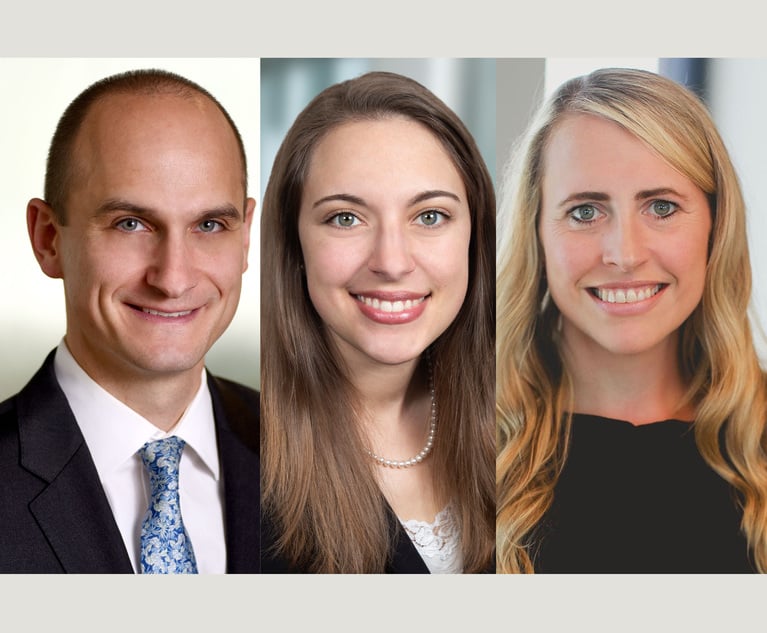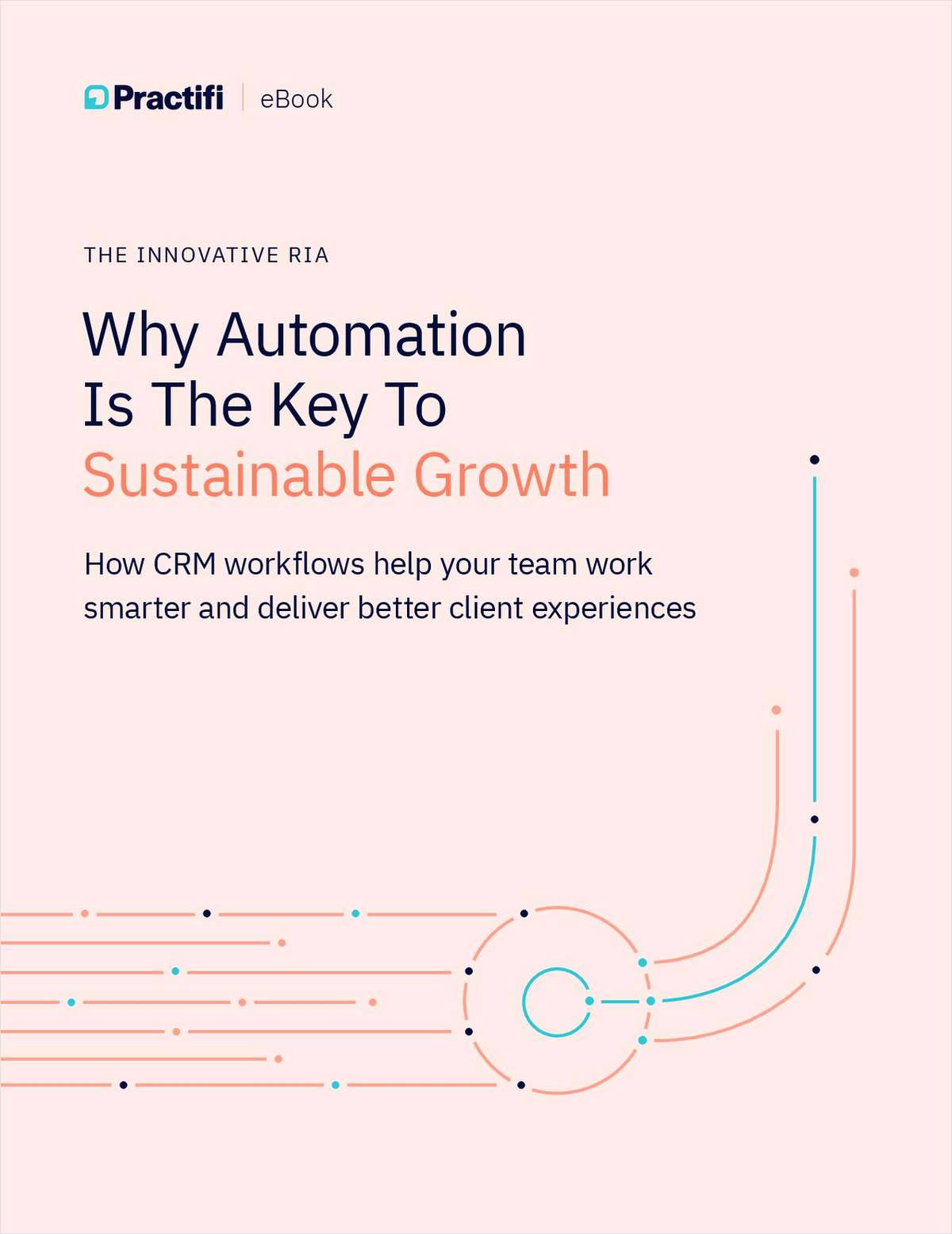 Kevin Kane. Photo: Robert Storace/ALM
Kevin Kane. Photo: Robert Storace/ALM5 Questions With Connecticut's Outgoing Chief State's Attorney Kevin Kane
Kevin Kane announced in August he'd be stepping down as the longtime chief state's attorney for Connecticut on Nov. 1. The Connecticut Law Tribune sat down with Kane in his Rocky Hill offices. Here's what he had to say.
October 21, 2019 at 06:06 PM
5 minute read
After 13 years as Connecticut's chief state's attorney, Kevin Kane is stepping down from the post Nov. 1.
Kane prosecuted several notable cases during his tenure, including one that led to the conviction and eventual execution of serial killer Michael Ross, and the murder-for-hire trial of Old Saybrook attorney Beth Ann Carpenter.
Now, the longtime prosecutor is gearing for another chapter, which starts in 11 days.
"I'll take stock, enjoy my time, and then think of what to do next," he said.
The Connecticut Law Tribune interviewed the 76-year-old Hartford native in his Rocky Hill offices Friday afternoon.
Here is that question-and-answer session, edited for length and clarity.
Connecticut Law Tribune: What case had the most emotional impact on you personally, and why?
Kevin Kane: I've had a lot of cases that have had huge emotional impacts. Probably one that is slightly more than some others is Michael Ross.
That was the last death-penalty case, and every case is surrounded by sad victims, victims' families, witnesses and even defendants. I hate to talk about cases individually and reawaken all that sadness in people.
The case, though, as a lawyer, was extremely difficult as a matter of law and a matter of facts. The fact that it was the death penalty made it all the more wrenching for everybody involved. Actually, I remember it as the Robin Stavinsky, April Brunais, Leslie Shelley and Wendy Baribeault (some of Ross' victims) case, and not the Michael Ross case.
CLT: What is the most important step, rule or initiative your office has undertaken in the 13 years you've been at the helm?
Kane: There is not one most important thing, rather keeping and doing our best to support so many really wonderful prosecutors and investigators in the state.
They really are dedicated and hardworking, and work far beyond the hours that they get paid for.
I think we have an appellate bureau here that is second to none in the state and maybe as good as any in the country. That might be a bit of an exaggeration, but that's the way I feel. We have had a lot of great successes in our cold-case bureau and in our Medicaid fraud bureau, even with coping with the significant budget cuts we've had to endure since about 2009.
That, coping with those budget cuts and doing so at a time when everyone was saying crime was down and arrests were down, was very significant.
CLT: Criminal Justice Commission Chairman and Associate Supreme Court Justice Andrew McDonald said stakeholders at the table—whether they be the police chief's association, the American Civil Liberties Union or even Mothers Against Drunk Driving—are vital in searching for your successor. What, in your opinion, should be the specific role of such stakeholders?
Kane: It's important to hear their thoughts and concerns, and it might be more important for the Division of Criminal Justice to hear their thoughts and concerns.
You need to consider heavily what the difference voices and different stakeholders want. The role of the commission is to listen, and then appoint good people who will listen. It's good they had that public hearing last week, because we need to listen to everyone. I don't even like the term of calling them stakeholders, because there is one stakeholder and that's the public—the entire public.
CLT: The ACLU recently said it wanted your successor to play a more active role to fight to end mass incarceration and racism in the justice system. How would you describe your efforts in those areas?
Kane: The population in the correctional institutions in Connecticut has been greatly diminished. How much of that was my role if you are acting personally, I don't know.
But we have agreed to many recommended changes. State's attorneys across the board are inclined to agree to people being released on parole. State's attorneys are inclined to recognize that the sentences we recommended in the 1990s are, in today's standards, higher than they ought to be.
What people don't understand is when you talk about mass incarceration, a significant population in the correctional institutions are there in lieu of bail. We have discussed actively talking about bail reform and we've gotten to the point, especially people in the defense bar, that Connecticut holds a far smaller percentage of pretrial detainees then almost anywhere else in the country. This state has had a remarkable history, which began back in the 1980s, of reducing pretrial detention, of releasing people on written promises to appear, and are way ahead of most other states.
CLT: What's the biggest misconception of prosecutors and their roles in the criminal justice system?
Kane: The biggest misconception is that so many people think our job is just to put people in prison when, in fact, it's anything but.
If you look at the percentage of cases that come in, they either go under diversionary programs or are nolled. Another misconception, I think, is that the police charge people with crimes, and all prosecutors do is prosecute. That's simply not the case.
Related stories:
This content has been archived. It is available through our partners, LexisNexis® and Bloomberg Law.
To view this content, please continue to their sites.
Not a Lexis Subscriber?
Subscribe Now
Not a Bloomberg Law Subscriber?
Subscribe Now
NOT FOR REPRINT
© 2025 ALM Global, LLC, All Rights Reserved. Request academic re-use from www.copyright.com. All other uses, submit a request to [email protected]. For more information visit Asset & Logo Licensing.
You Might Like
View All
Apple Disputes 'Efforts to Manufacture' Imaging Sensor Claims Against iPhone 15 Technology

New Partners at Cummings & Lockwood, Carmody Torrance Sandak & Hennessey
2 minute read

DOJ, 10 State AGs File Amended Antitrust Complaint Against RealPage and Big Landlords
4 minute readTrending Stories
Who Got The Work
Michael G. Bongiorno, Andrew Scott Dulberg and Elizabeth E. Driscoll from Wilmer Cutler Pickering Hale and Dorr have stepped in to represent Symbotic Inc., an A.I.-enabled technology platform that focuses on increasing supply chain efficiency, and other defendants in a pending shareholder derivative lawsuit. The case, filed Oct. 2 in Massachusetts District Court by the Brown Law Firm on behalf of Stephen Austen, accuses certain officers and directors of misleading investors in regard to Symbotic's potential for margin growth by failing to disclose that the company was not equipped to timely deploy its systems or manage expenses through project delays. The case, assigned to U.S. District Judge Nathaniel M. Gorton, is 1:24-cv-12522, Austen v. Cohen et al.
Who Got The Work
Edmund Polubinski and Marie Killmond of Davis Polk & Wardwell have entered appearances for data platform software development company MongoDB and other defendants in a pending shareholder derivative lawsuit. The action, filed Oct. 7 in New York Southern District Court by the Brown Law Firm, accuses the company's directors and/or officers of falsely expressing confidence in the company’s restructuring of its sales incentive plan and downplaying the severity of decreases in its upfront commitments. The case is 1:24-cv-07594, Roy v. Ittycheria et al.
Who Got The Work
Amy O. Bruchs and Kurt F. Ellison of Michael Best & Friedrich have entered appearances for Epic Systems Corp. in a pending employment discrimination lawsuit. The suit was filed Sept. 7 in Wisconsin Western District Court by Levine Eisberner LLC and Siri & Glimstad on behalf of a project manager who claims that he was wrongfully terminated after applying for a religious exemption to the defendant's COVID-19 vaccine mandate. The case, assigned to U.S. Magistrate Judge Anita Marie Boor, is 3:24-cv-00630, Secker, Nathan v. Epic Systems Corporation.
Who Got The Work
David X. Sullivan, Thomas J. Finn and Gregory A. Hall from McCarter & English have entered appearances for Sunrun Installation Services in a pending civil rights lawsuit. The complaint was filed Sept. 4 in Connecticut District Court by attorney Robert M. Berke on behalf of former employee George Edward Steins, who was arrested and charged with employing an unregistered home improvement salesperson. The complaint alleges that had Sunrun informed the Connecticut Department of Consumer Protection that the plaintiff's employment had ended in 2017 and that he no longer held Sunrun's home improvement contractor license, he would not have been hit with charges, which were dismissed in May 2024. The case, assigned to U.S. District Judge Jeffrey A. Meyer, is 3:24-cv-01423, Steins v. Sunrun, Inc. et al.
Who Got The Work
Greenberg Traurig shareholder Joshua L. Raskin has entered an appearance for boohoo.com UK Ltd. in a pending patent infringement lawsuit. The suit, filed Sept. 3 in Texas Eastern District Court by Rozier Hardt McDonough on behalf of Alto Dynamics, asserts five patents related to an online shopping platform. The case, assigned to U.S. District Judge Rodney Gilstrap, is 2:24-cv-00719, Alto Dynamics, LLC v. boohoo.com UK Limited.
Featured Firms
Law Offices of Gary Martin Hays & Associates, P.C.
(470) 294-1674
Law Offices of Mark E. Salomone
(857) 444-6468
Smith & Hassler
(713) 739-1250










